‘Rivers of grog’ fear as Northern Territory alcohol ban ends
Linda Burney is seeking an urgent meeting with the NT leader amid concern about the decision not to extend alcohol bans on Aboriginal outstations and communities.
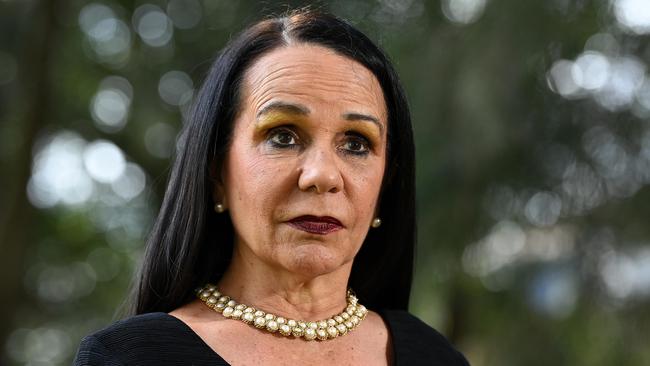
Indigenous Australians Minister Linda Burney is seeking an urgent meeting with the Northern Territory leader amid mounting concern about the NT government’s decision not to extend alcohol bans covering about 400 Aboriginal outstations and communities.
Canberra has been under pressure to intervene and reimpose the bans amid reports of spikes in domestic and alcohol-fuelled violence and a 300 per cent increase in alcohol sales at an outlet in Alice Springs.
An estimated 7000 people have been affected by the changes in places ranging from town camps around major urban centres to regional and remote communities such as Amoonguna and Peppimenarti and a long list of outstations and homelands.
The blanket bans were imposed as part of the Howard government’s 2007 NT Emergency Response and later enshrined in federal Labor’s Stronger Futures legislation. When those laws expired on July 17, NT Labor introduced opt-in bans instead.
A coalition of Aboriginal organisations, welfare and justice groups and the police union in May condemned the NT government’s refusal to continue the Intervention-era supply restrictions as “disgraceful”, “disgusting”, and “shameful”.
The Australian understands while imposition by Canberra is unlikely, various stakeholders are pressuring the NT government to amend laws passed earlier this year to oblige communities to opt out of continuing alcohol bans rather than opt in.
NT Chief Minister Natasha Fyles and her Indigenous Attorney-General, Chansey Paech, both reject legacy rules they brand “race-based policy targeting Aboriginal Territorians with little or no engagement of consultation”.
Indigenous academic Marcia Langton and her University of Melbourne colleague Kristen Smith, who have documented the harm caused by alcohol across Northern Australia, said restricting supply was one of the most effective ways to protect Indigenous children and families.
“An ideological stance that focuses on the right of Aboriginal people to choose to drink in their communities wilfully ignores the most significant human rights issue at stake, which is the right of Aboriginal and Torres Strait Islander women, children and families to live their lives free from the violence, destruction and death that alcohol causes,” they said.
“The wide-ranging harmful effects of alcohol within Aboriginal and Torres Strait Islander communities in the NT are well documented. Alcohol misuse contributes to the highly disproportionate rates of injury and death, family violence, acquired brain injury, suicide, criminalisation, child protection and homelessness.”
“We also know that alcohol supply restrictions such as those enabled by the Stronger Futures Act, although not sufficient alone, are one of the most effective means to minimise these harms. If the commonwealth government is serious about Closing the Gap for Aboriginal and Torres Strait Islander people, then urgent action is required before rivers of grog sweep through the Aboriginal communities and towns of the NT, leaving a trail of casualties in its wake.”
Seven of the twelve affected communities have already opted-in to continued prohibition, and at least 10 more communities and other areas are expected to follow.
The changes do not affect 112 major NT communities where pre-2007 alcohol restrictions have come back into force.
Ms Fyles said her government “acted quickly … after the previous Liberal National government advised they were simply going to let the legislation lapse and walk away”.
“Aboriginal communities have the same right as every other community to make decisions in the best interests of their own people. This is the true path to building strong communities and strong futures – not racist policies like the Intervention that targeted and criminalised Aboriginal communities,” she said.
“There will be some speed bumps through this transition, but we are continuing to monitor and adjust our response.”
NT Opposition Leader Lia Finocchiaro said her party voted against the Fyles government’s “negligent decision to legislate an opt-in framework for communities concerning the sunset of the Stronger Futures legislation, essentially opening the floodgates to grog in communities, town camps and outstations”.
“The Country Liberal Party warned that greater consultation was required and that it should have been opt-out, not opt-in,” she said. “Labor has stripped vulnerable people of their voice, trashed local decision-making and is letting selfish ideology justify a policy that negatively affects people’s lives. Labor had six years to plan for this, and instead, it failed to plan, failed to consult and failed Territorians. The destruction to communities as a result of Labor’s gross negligence is despicable.”

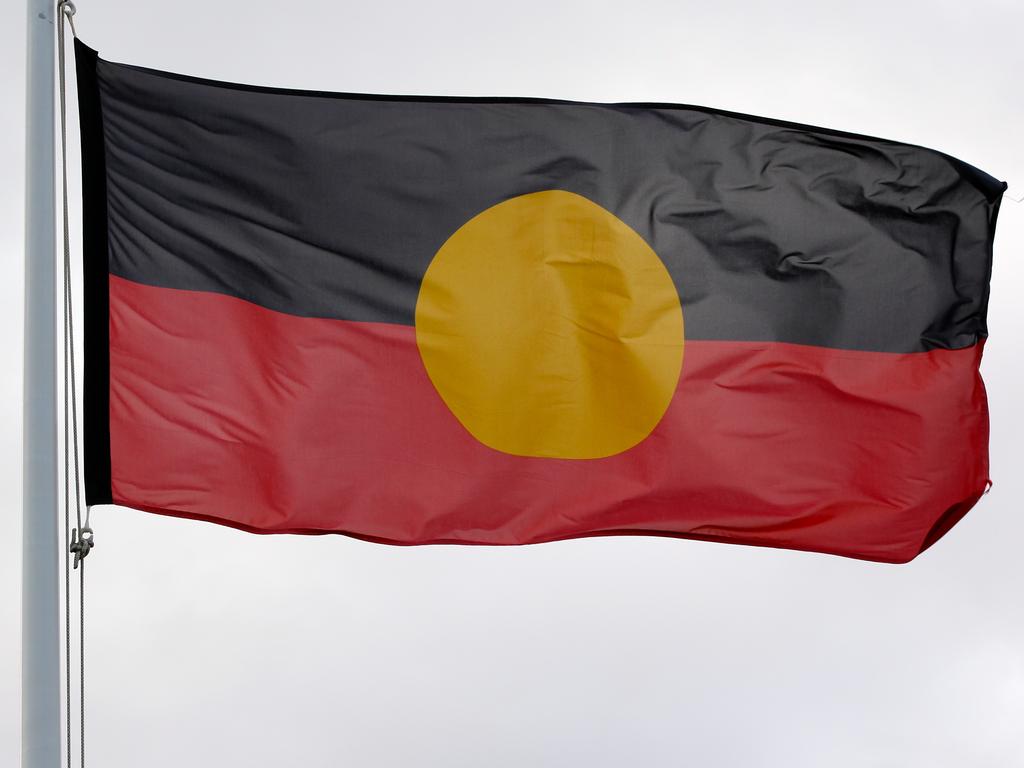
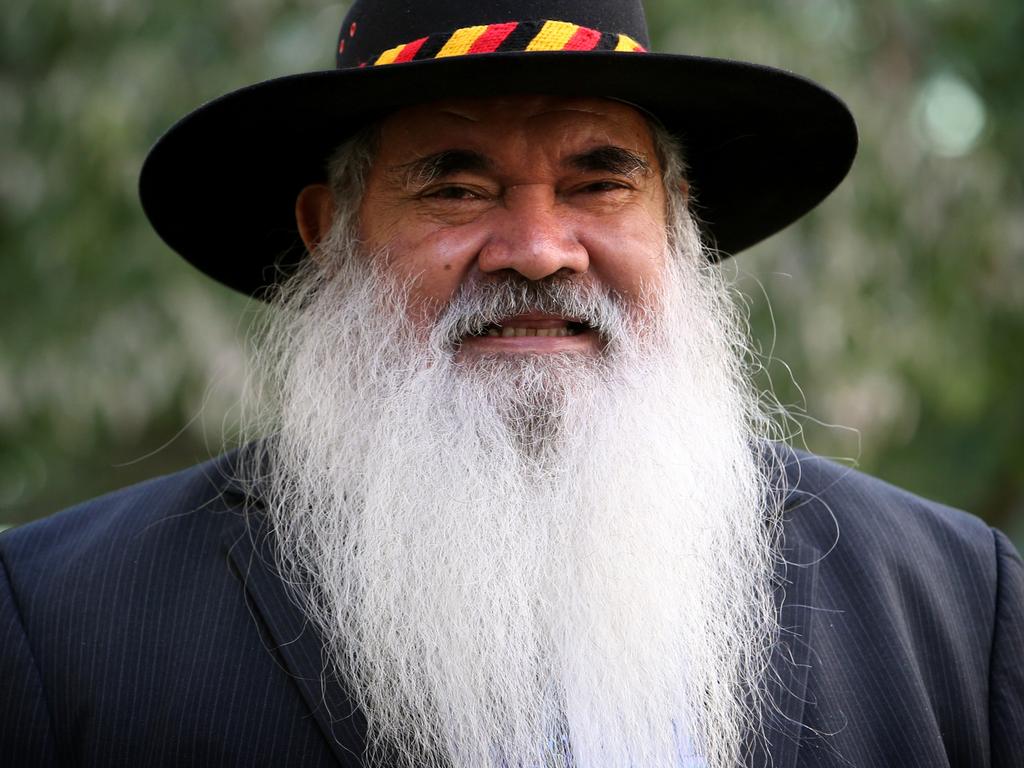
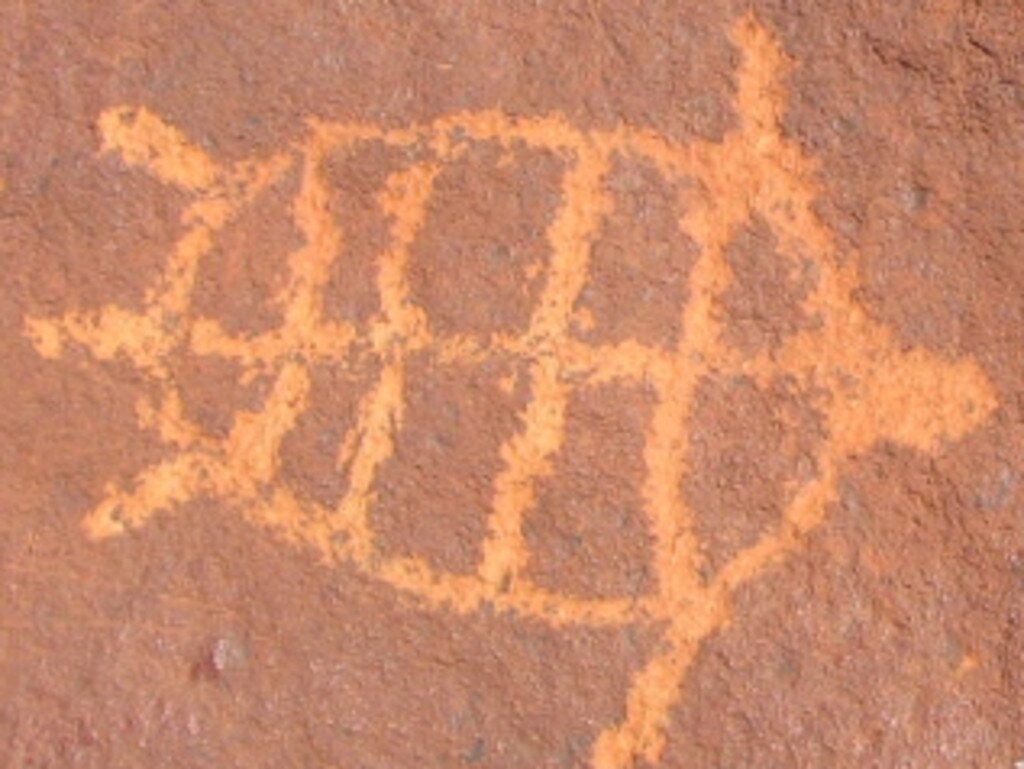
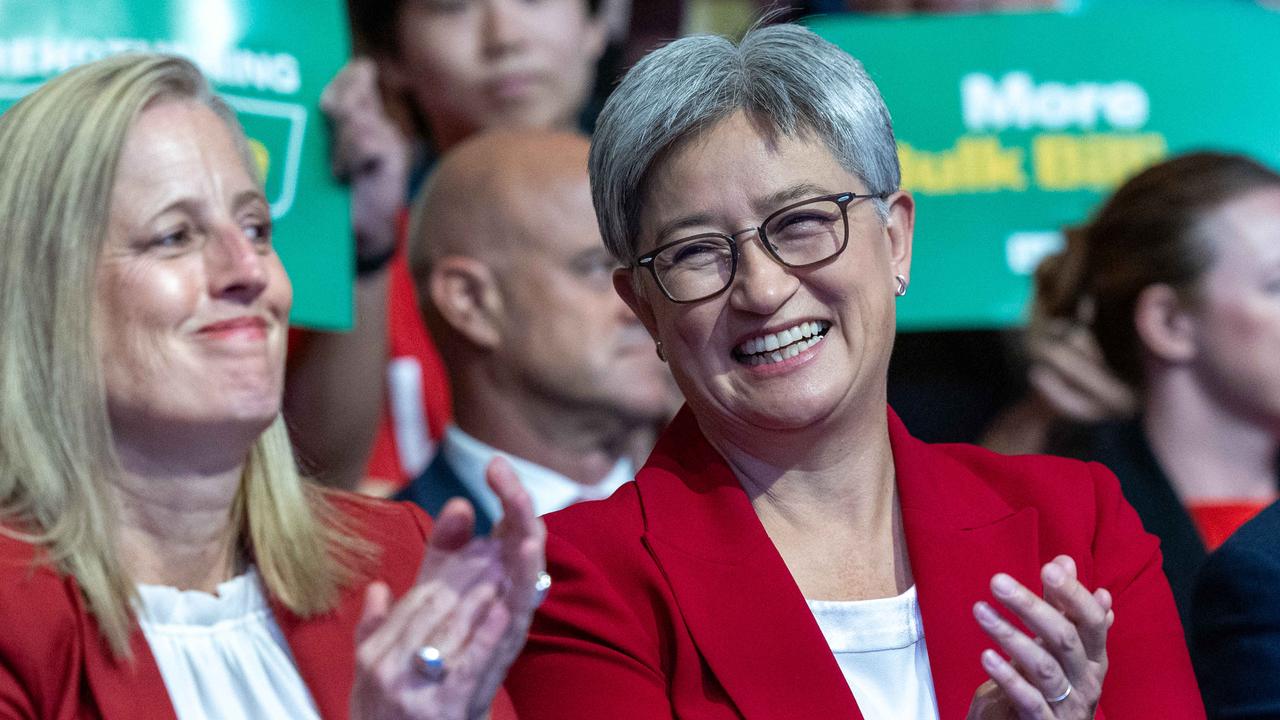
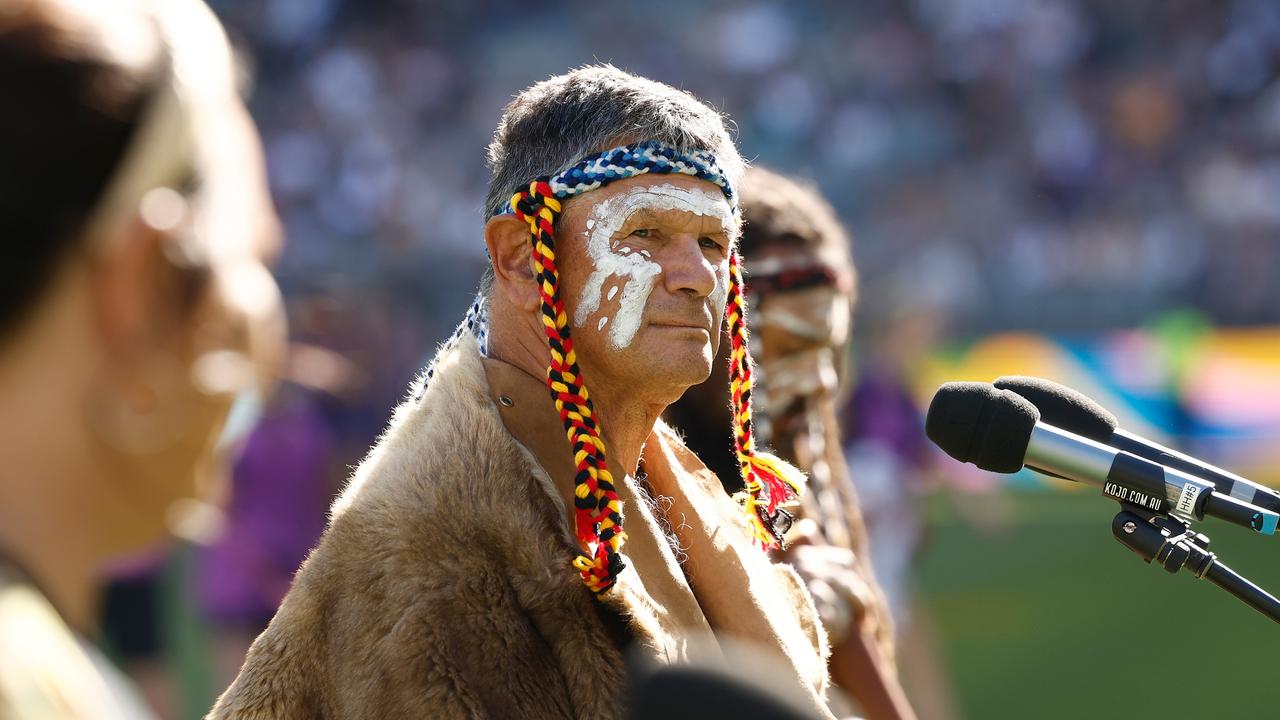
To join the conversation, please log in. Don't have an account? Register
Join the conversation, you are commenting as Logout